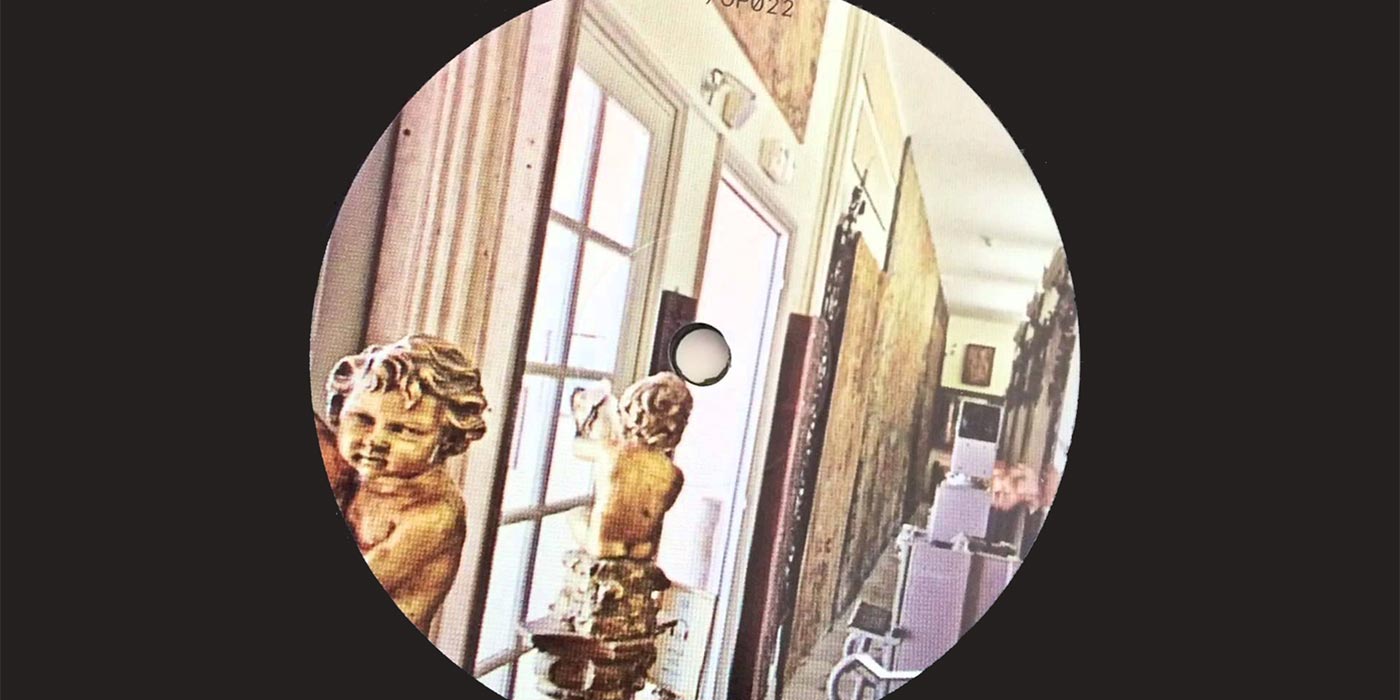“The Three Sides of Audrey and Why She’s Alone Now” is a maddening song. To be clear, I mean the good maddening, the kind that compels us to figure out just what the heck is going on. It’s full of false starts and chord progressions that dissolve into nothing. The big snare hits and introduction of a base part hint at a song but that song never truly comes into focus, either stuttering to a stop or transitioning into extended ambient sections unpredictably. It’s an unconventional song, but this lack of convention is what allows Nicolas Jaar to create such a chilling atmosphere.
Like the song, Nicolas Jaar’s musical career defies convention. For every conventional release, such as 2011’s Space is Only Noise, he’ll release something like Don’t Break My Love, a compilation only available as an aluminum cube. But the closest comparison for “The Three Sides of Aubrey…” is with Jaar’s earlier 2015 release, Pomegranates, which served as an alternative soundtrack to the 1969 film The Color of Pomegranates. The format of Pomegranates prevented Jaar from singing in his characteristic baritone, focusing on atmospherics. That focus carries into “The Three Sides of Audrey” and its B-side, “No One is Looking at U.”
These two songs deliver on atmosphere. We get vocals stripped of their low end, drenched in reverb and buried deep in the mix. These vocals sound ghastly, especially paired with the sparse backing track that defines the first half of “No One is Looking at U.” Ordinarily the introduction of a beat and some low end would provide a sense of order to a track, but here it only adds further discomfort. “The Three Sides of Audrey” is an unsettling track, but that’s exactly what Nicolas Jaar is going for here — and it delivers.
[spacer height=”5px”]But I still have one more question: Why is Audrey alone?
So I put on my investigative journalist hat and flew to the Other People studio in New York. I needed to go straight to the source.
Being a small imprint, Other People were happy for the press. The secretary was more than willing to let me speak to the Other People staff. But when I asked for Nicolas, her demeanor hardened. “He’s… busy.”
I needed a diversion. And I knew just the trick in this situation. I shouted: “Is that noted Australian philosopher David Chambers right behind you?” The secretary gleefully turned around. I was in.
“I assume you’re here about Audrey?” asked a baritone from the back of a leather office chair. “It’s no matter. The past cannot be unwritten, can it?”
“Nicolas, what are you talking about?” I asked. He turned around.
“I… I slaved away in the studio for four years. All that time, she was there for me. But I just couldn’t get the sound of the snare perfect. I… the world had to see my genius. I thought the agreement would be Faustian. But it wasn’t my soul he wanted.”
A slight glimmer of hope crossed his sullen face. “Unless…”
I saw him reach for something on his desk. I tried to turn around as quickly as I could, but stumbled. Baking away on hands and knees, Nicolas raised his arm and—



